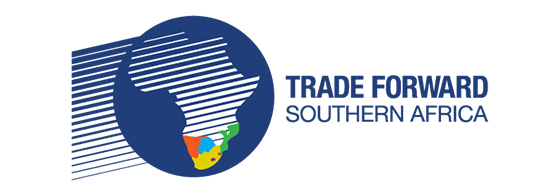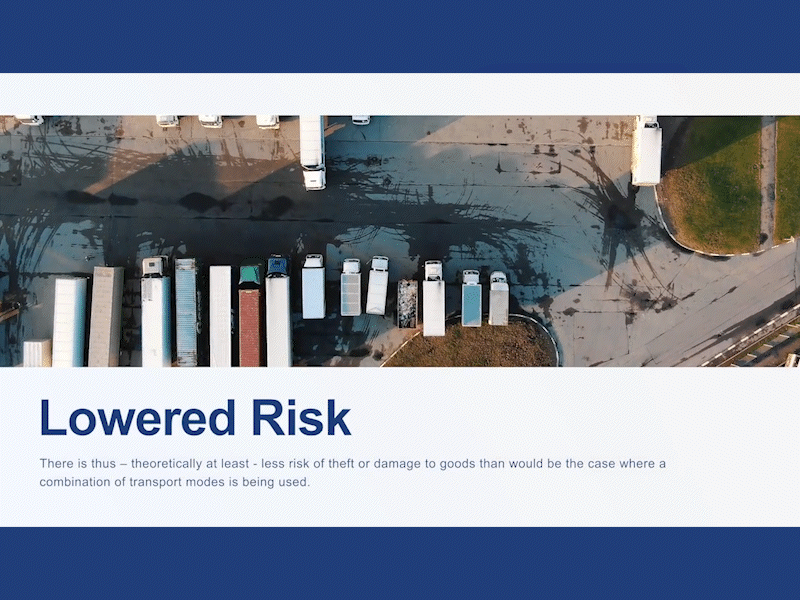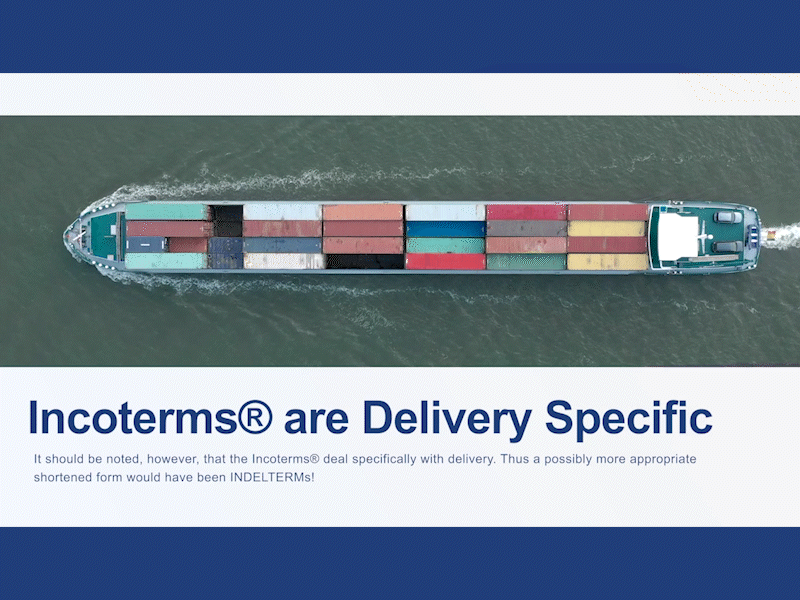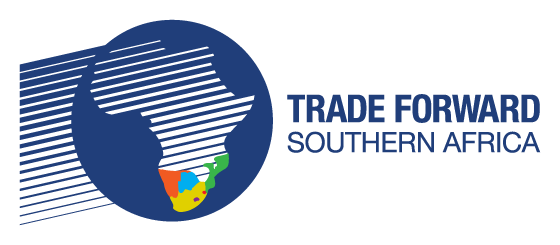Trade finance is a broad term used to refer to the financial products used by businesses to facilitate international trade. Trade finance enables exporters and importers to conduct international business, manage cashflow and finance critical tasks. Critical tasks requiring trade finance include product or manufacturing adaptations, funding operations while you await payment or supporting the manufacture of a large consignment. Thus, access to trade finance is essential to a country’s participation in international trade. When a country or region has a high demand for trade finance but lacks access to the appropriate financial instruments, a “trade finance gap” exists. In this article, we explore trade finance in Africa.

The different types of Trade Finance
Trade finance used to finance an export transaction is categorised as pre- or post-shipment finance and is either short, medium, or long-term trade finance. Pre-shipment trade finance is credit supplied to the seller before the shipment occurs, i.e., finance provided before the completion of the export order. Post-shipment finance is finance provided to the seller post the shipment of the goods, i.e. after the goods have been shipped. Exporters usually use pre-shipment trade finance to ensure the execution of the export order. Post-shipment trade finance is generally used to manage cash flow and ensure the business meets its working capital requirements while awaiting payment. When trade finance is referred to as short-term finance, it usually means that the exporter must repay the credit to the financier within 12 months. An exporter usually requires medium-term trade finance for longer than a year but not more than five years. Long-term trade finance, however, will usually be over a period exceeding five years.
The Trade Finance gap in Africa
The African Development Bank estimates that Africa’s annual trade finance gap is approximately $81 billion. However, some reports by major publications have put forward estimations as high as $120 billion. SMEs have a particularly tough time accessing finance when compared to multinationals and large domestic businesses. The inability of SMEs to access the appropriate financial products needed to expand into foreign markets thus negatively impacts Africa’s ability to participate in international trade effectively. Furthermore, the costs associated with trade finance tend to be higher in Africa compared to many other regions due to the perceived risks faced. This directly impacts the competitiveness of African exports.

Some of the reasons for the gap in Africa
While many commercial banks offer some form of international trade finance, applications for trade finance, particularly SME applications, still experience relatively high rejection rates due to their perceived risk. The creditworthiness of African businesses can be hard to determine in some cases due to the lack of traditional financial records. However, this issue has gradually improved with more businesses participating in formal economic structures. Another key issue facing trade finance in Africa is compliance with stringent anti-money laundering and know-your-customer regulations, which increase the cost of doing business for financial institutions in the trade sector. The rising cost of complying with these measures makes offering trade finance products to customers less enticing for Banks and other financial institutions, further widening the gap between supply and demand.
Efforts to address the Trade Finance gap in Africa
There is no doubt that access to trade finance could have a significant impact on Africa’s ability to participate in international trade and alleviate poverty. Thus, several initiatives are underway to address the trade finance gap in Africa. For example, it is estimated that more than half of the banks in Africa that engage in trade finance have received some form of support from Development Finance Institutions. Furthermore, realising the importance of businesses accessing the appropriate financial instruments, many African governments have supported or established trade finance facilities.
Trade Finance instruments and products to finance your export drive
As we have already discussed, trade finance is a broad term referring to several financial instruments and products exporters, and importers use to facilitate international trade. However, an exporter looking to finance an export drive could utilise a fixed-term loan, a Customer Foreign Currency or CFC account, a factoring facility, or an overdraft facility.

Navigating Trade Finance in Africa
While it is clear that a trade finance gap exists in Africa, there are several efforts underway to address the lack of supply for businesses engaging in international trade. However, African exporters must understand the various financial instruments and products available to them. Thankfully, Trade Forward Southern Africa, in collaboration with the International Trade Institute of Southern Africa, has developed the “Financing an Export Drive” online module to provide information on various ways you could finance your next export transaction. Including how to utilise a CFC account, factoring facility, fixed-term loan or overdraft to finance your next export transaction. Click the link below and sign up to complete the module for FREE!
To sign up to the School of Export CLICK HERE.
If you already have a profile, CLICK HERE to login to begin the module.










Leave a Reply